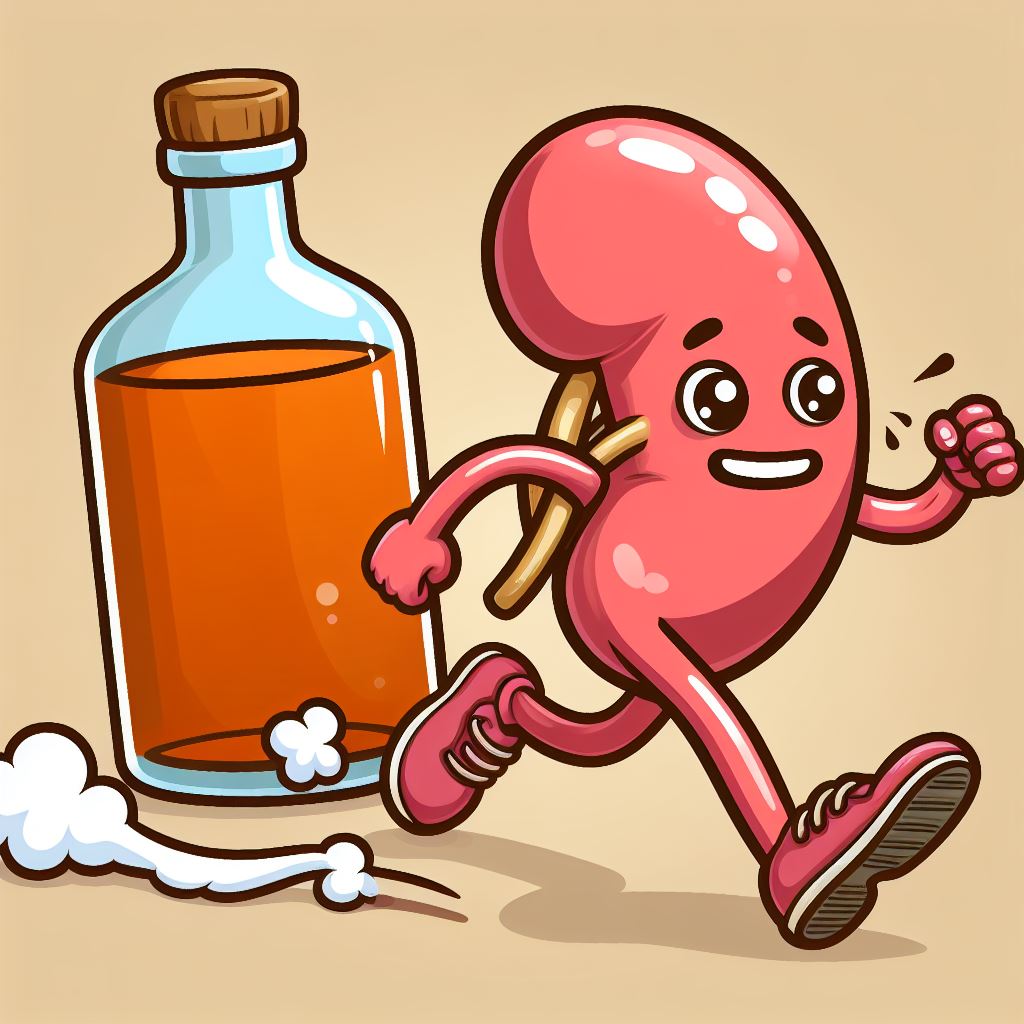In our daily lives, we’ve become accustomed to certain practices damaging our Kidney Health. Kidneys play a
critical role in the overall well-being of our bodies.
It acts as a filter to remove excess waste produced by metabolic reactions and maintain other functions. Therefore, it’s imperative that you recognize these damaging habits, and actively work to start afresh.
1. High Blood Pressure

The most common of these habits that is harming your kidneys is High blood pressure.
High blood pressure can damage the blood vessels in the kidneys, making it difficult for them to function properly. This can lead to chronic kidney disease, which is when the kidneys can’t remove waste and extra fluid from the body.
Furthermore, it also contributes to the formation of kidney stones, which are known to cause severe pain and nausea.
Adopt a healthy diet and lifestyle to curb high blood pressure and seek medical help.
Read Also: 10 Effective Strategies for Alleviating Back Pain
2. Eating processed foods
It may be relatively easier and tastier to eat processed foods than making a meal out of fresh produce. However, in the long run, high levels of sodium and phosphorus in processed foods severely increase the risk of kidney diseases.
3. Not getting enough sleep

Lack of sufficient sleep during the night hours is closely linked to declining kidney health.
Researchers find that the kidney’s function is coordinated with the sleep weight cycle. Therefore not getting enough. Sleep interrupts kidney functions damaging them in the long run.
4. Smoking

While smoking is closely linked with lung damage, It also speeds up the risk of getting certain kidney cancers.
Furthermore, it causes damage to your heart and renal arteries leading to insufficient blood supply to the kidneys.
5. Drinking too much alcohol.
Enjoying a glass of wine every once in a while is acceptable to the body. However, heavy drinking poses many threats such as raising blood pressure and dehydrating the body.
This leads to the kidney, being unable, to carry out its intended functions
6. Lack of physical activity.

A sedentary lifestyle harms your overall health, but it significantly increases the risk of diabetes, obesity, and high blood pressure.
All these factors speed up kidney decline and damage the kidneys’ ability to function correctly.
7. Overeating protein.
Protein is essential for growth and repair. However, consuming too much animal protein causes kidney damage.
Animal protein forms a lot of acid in the blood. So, the kidneys overwork themselves leaving them unable to maintain the body’s pH balance.
8 Not drinking enough. Water.

The kidney can only remove toxins and sodium from the body If enough water is consumed frequently.
Drinking less than the required amount of water leads to dehydration, which may cause permanent kidney damage.
9. Over using pain medication.
Painkillers are an easy way to relieve any pain or discomfort, but using too many painkillers deteriorates kidney health.
The overuse reduces the blood flow to the kidneys, compromising their ability to perform efficiently.
10. Working out too much

Even though exercise helps prevent several illnesses and increases the quality of life, overdoing it could cause severe damage.
Generally, a resting period is suggested between workouts to allow the body to rejuvenate. If you work out
too, often the muscle tissues break down very fast dumping waste substances for the kidney to filter.
Read Also: Heart rate vs. blood pressure; How they relate to your health.
Now that you know the ten kidney-damaging habits, you would be doing your body a huge favor by dropping the bad habits and adopting the good ones such as hydrating frequently and getting enough quality sleep.
The secret to a long life is taking good care of your body. Thanks for your audience and feel free to engage on our social media platforms.
Follow on Facebook @infohealthgh



